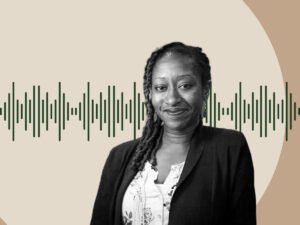September 11, 2011; Source: Baltimore Sun | A recent study of the Baltimore Public Schools reveals that the number of the city’s high school graduates moving on to two-year postsecondary institutions has increased while the number of graduates going to four-year institutions has decreased. The Baltimore Sun points out that these findings, along with the information that degree-completion rates from two year institutions are lower than those of four-year institutions, is leading to new conversations on how the school system and local nonprofits can collaborate to strengthen the city’s college-going culture and improve students’ understanding of the implications of their post-secondary education choices.
The Baltimore Education Research Consortium (BERC), a nonprofit established in 2006 by Johns Hopkins University, Morgan State University, and the Baltimore City Public Schools to conduct research and analysis on the school system, led the college enrollment study (PDF). The focus of the study was Baltimore City’s graduating class of 2004, with enrollment and completion rates tracked through 2010. The study reveals that the share of high school graduates entering two-year institutions rose 12 percentage points, to 52 percent, while the share of students enrolled in four-year institutions declined 12 percentage points to 49 percent. In addition, the study also shows that only 5.8 percent of students who enrolled in a two-year college earned a degree within six years, while 34 percent of students who enrolled in four-year college had earned a degree in that amount of time. Commenting on her belief that the city’s students need more comprehensive college counseling, Faith Connolly, executive director of BERC, told the Sun, “Someone can be telling [students] to go to a two-year college because it’s cheaper—but not telling them that the likelihood of them finishing is minimal.”
Sign up for our free newsletters
Subscribe to NPQ's newsletters to have our top stories delivered directly to your inbox.
By signing up, you agree to our privacy policy and terms of use, and to receive messages from NPQ and our partners.
The rising cost of college is also a factor in the findings of the study. The Sun notes that Baltimore’s community colleges emphasize their affordability for all students—including those who want to transition to four-year institutions. Similarly, the CollegeBound Foundation, a Baltimore-based nonprofit that provides guidance and scholarships to students, has also increased its annual scholarship awards to students to “fill the gap” for families.
In response to the study, the school system is considering where to begin a revamp of their college guidance policies. BERC executive director Connolly suggests new definitions for “college ready” and “career ready.” What do you think?—Anne Eigeman













